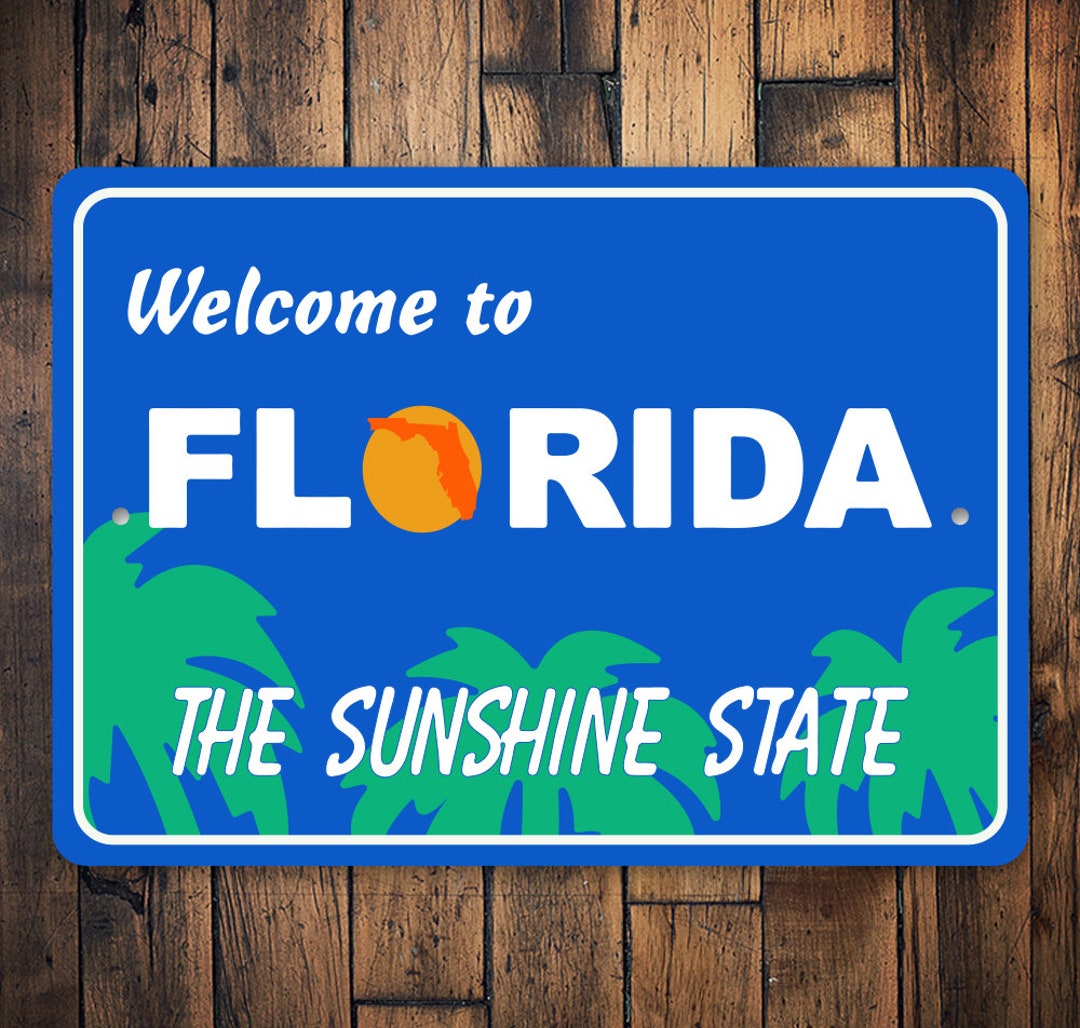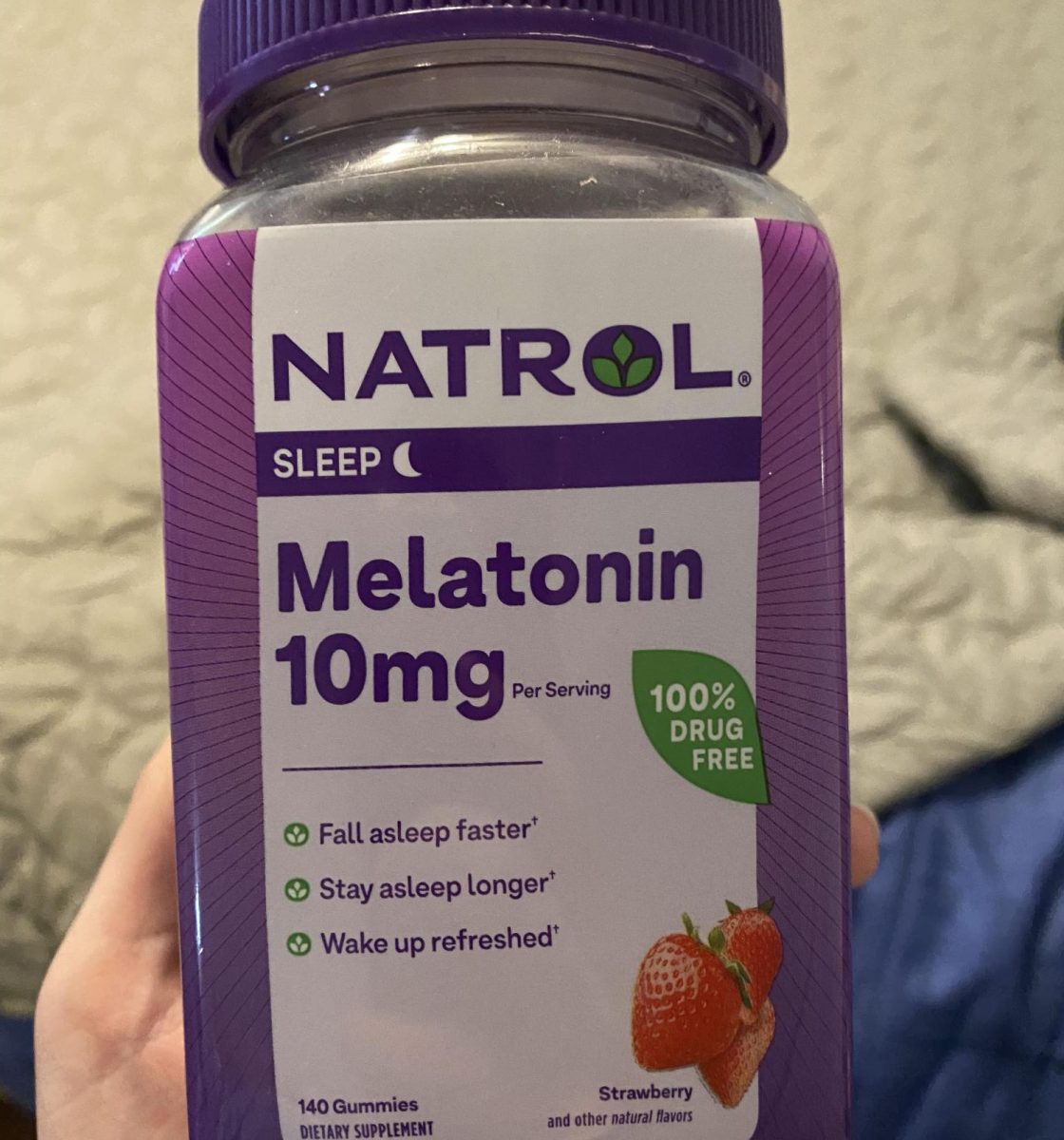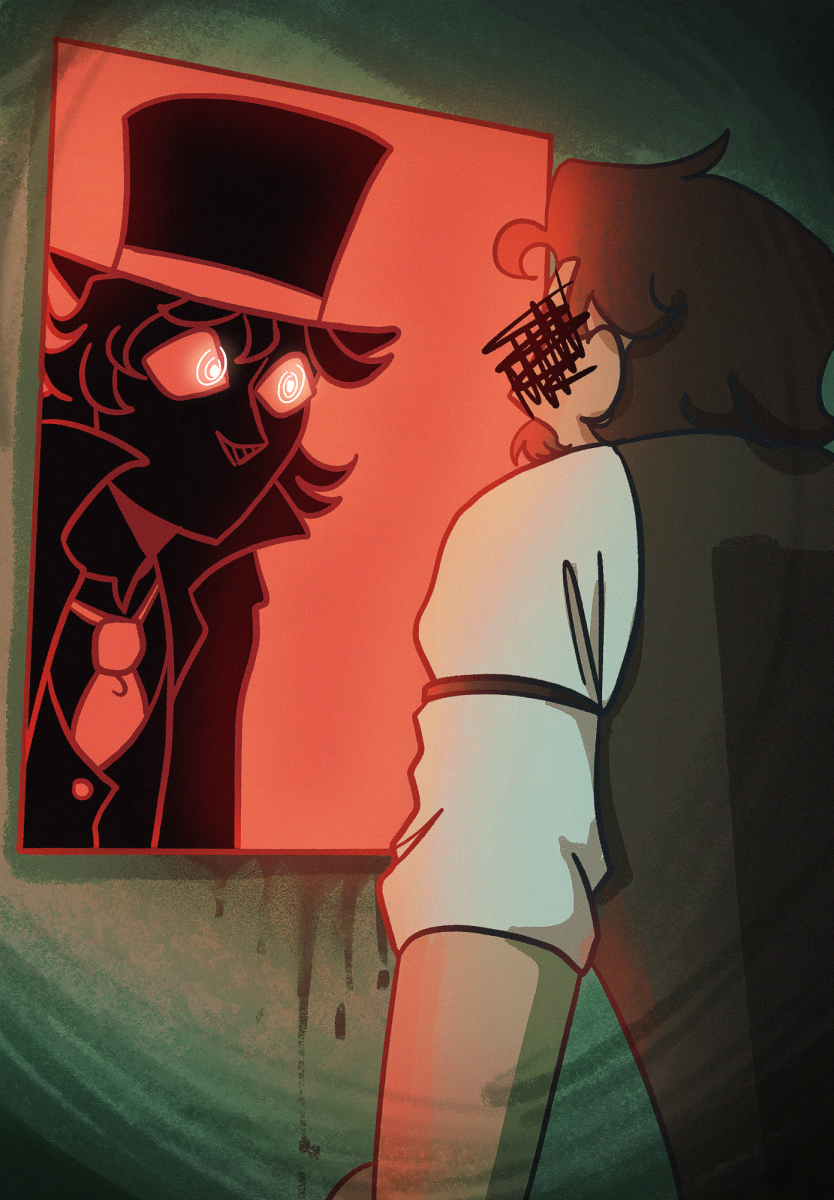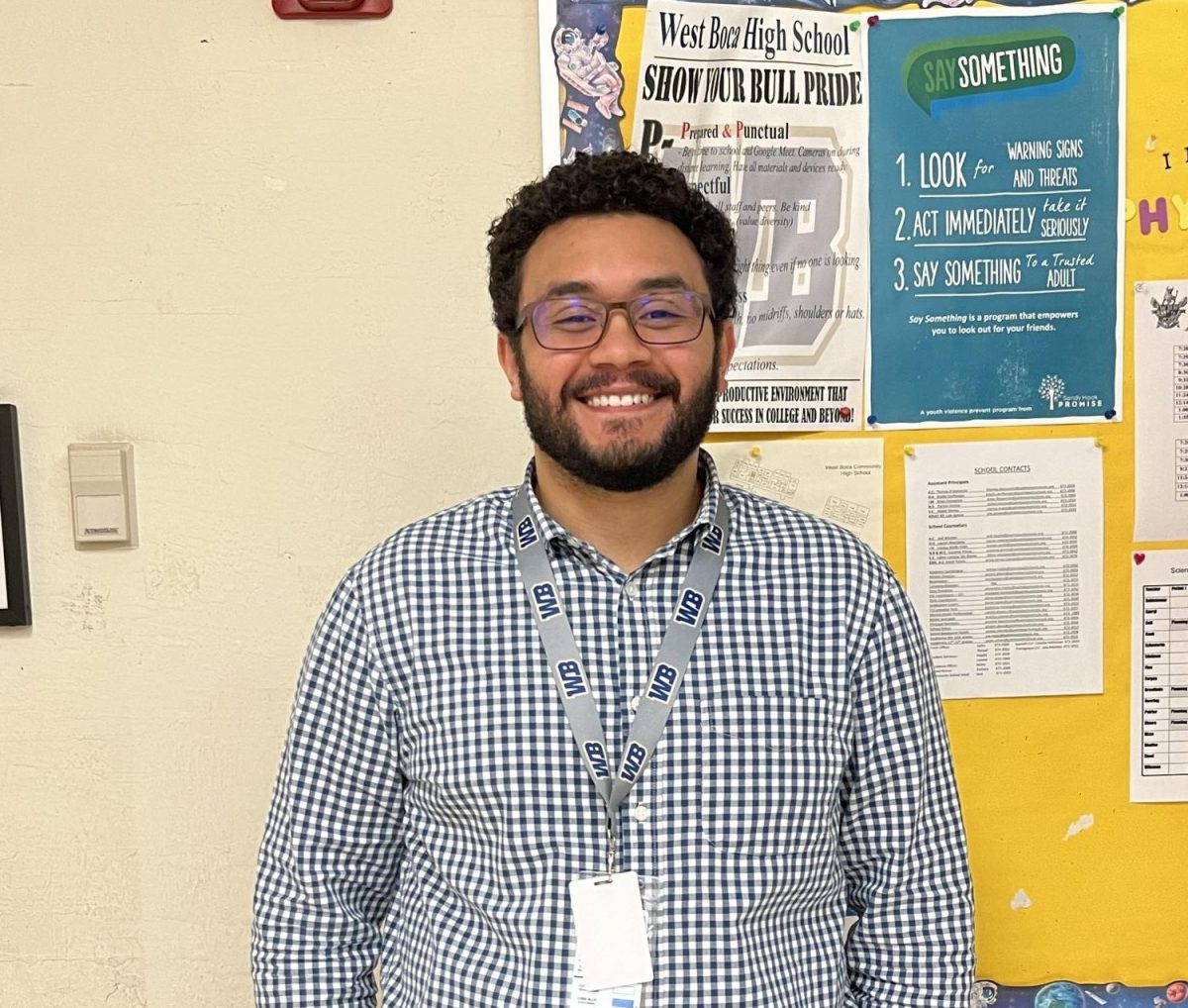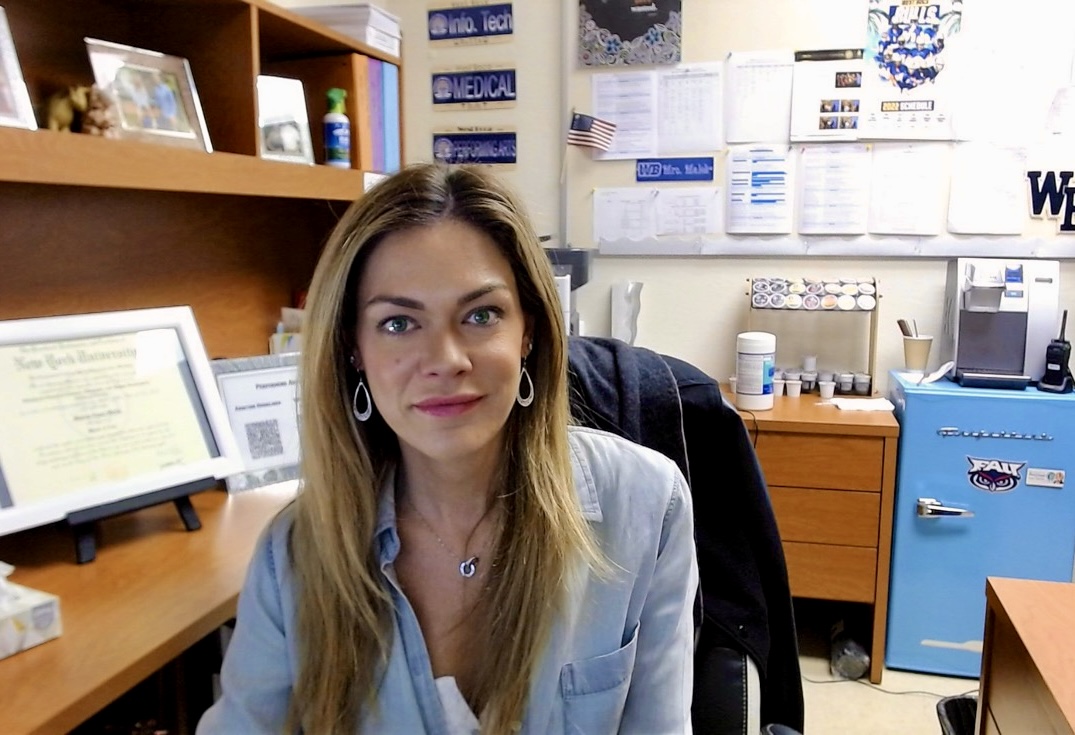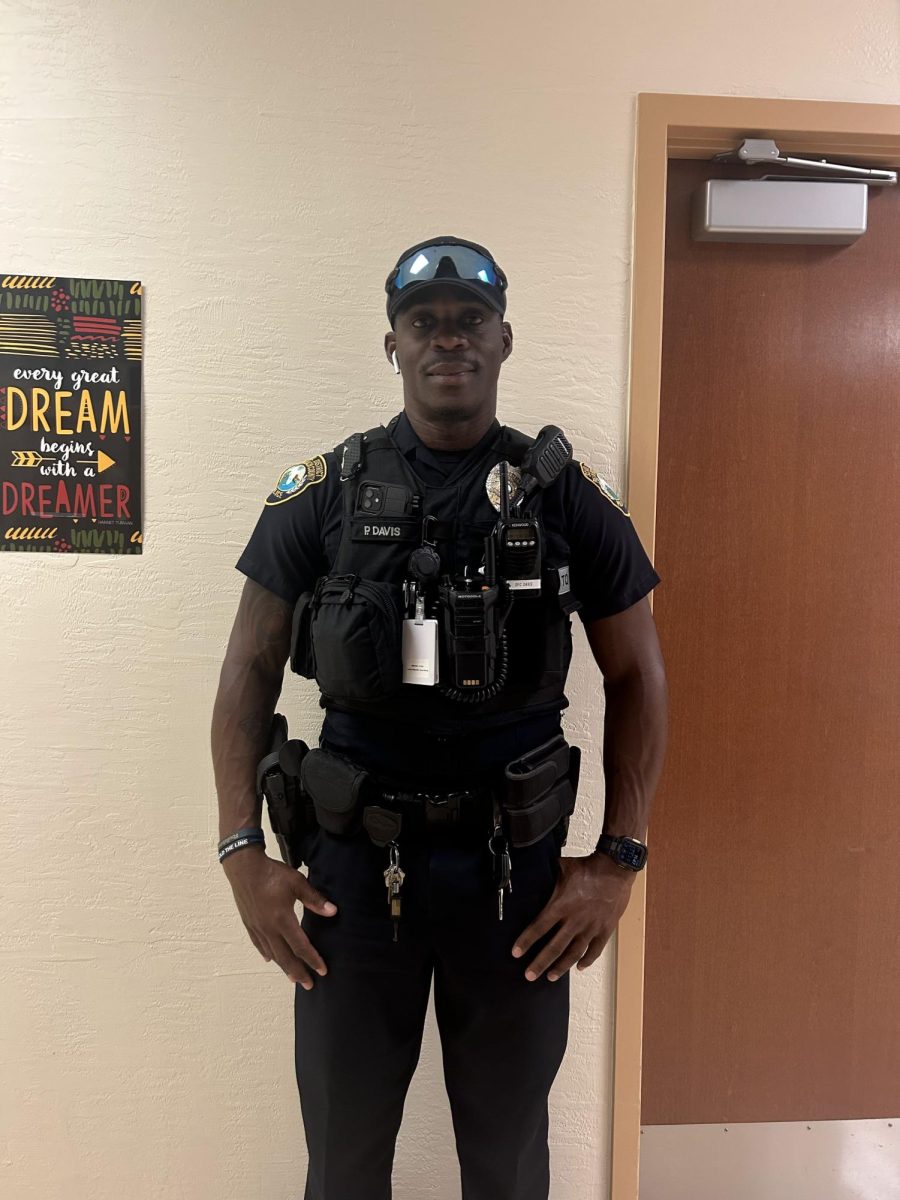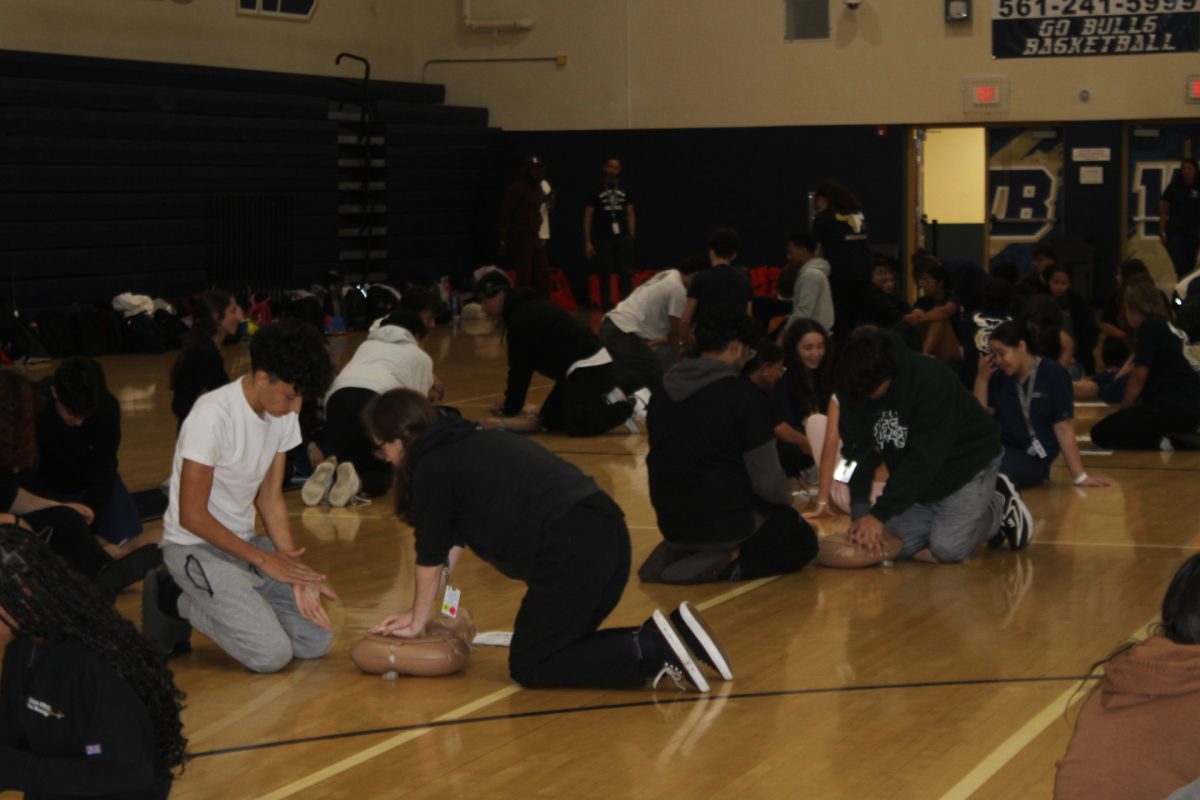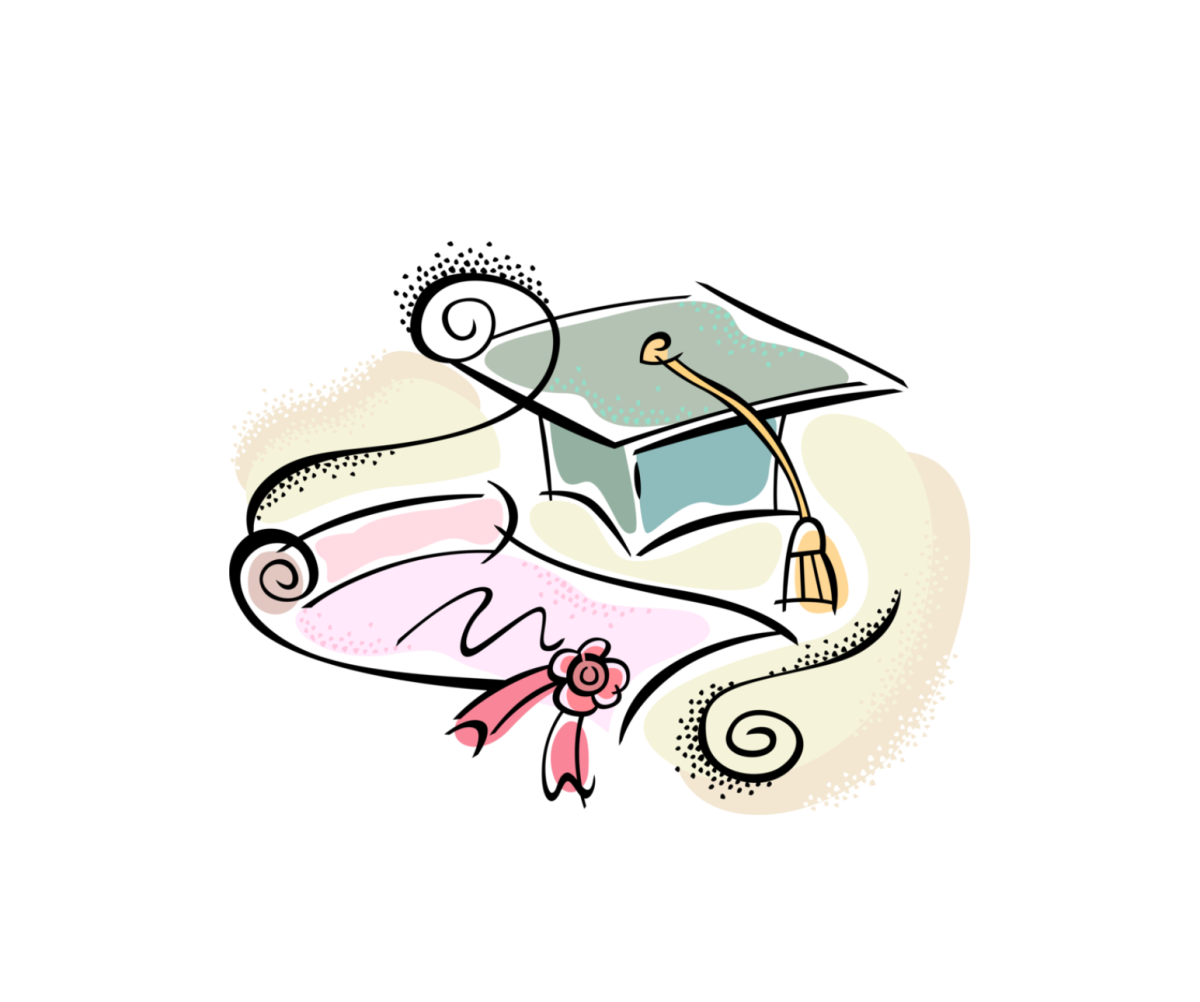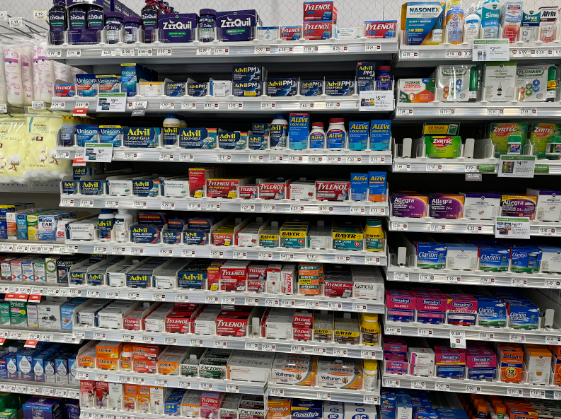
Being a teenager is a weird age. While you are no longer a kid, you are also not taught enough to understand everything about your body and feelings. You are old enough to research but don’t care enough to do the research. Because of this many teens mindlessly take advantage of things considered safe by most households without considering the long-term effects. Many known pills and prescriptions have not been properly explained to teens. While many people know about this issue, only a few worry about it.
Many medications and stimulants that teens commonly use have addictive properties. Using medication occasionally isn’t bad, but teens don’t always understand limits. While there are no addictive chemicals in these medications, teens grow dependencies on things easily once it becomes a common habit. Teens grow dependencies on things like stimulants and even painkillers way quicker than adults do. Their brain is still developing and it affects their brain at a stronger level. Even when teens go the extra mile to make sure they are getting safe care, they can still suffer mental consequences. Many medicines prescribed to teens are also considered unsafe and can cause long-term effects on the developing brain. Anxiety medication is a prime example of this.
Parents are suggesting to doctors that their children suffer from anxiety and have their children put on medications that are then not being watched carefully. A large number of teens are receiving medication, but are not receiving an equal amount of therapy as a supplement to treating their anxiety disorders. While doing research Erika Edwards, a known and respected mental health and medical news writer, found that “The proportion of doctor’s office visits for anxiety that included therapy decreased from 48.8% during the first study period to 32.6% during the last. But the proportion of anxiety medications prescribed during these visits held steady over time, at about 60%.” While the rate of medication use has stayed the same over the last decade, the number of teens going to therapy has decreased. Many doctors do not recommend taking meditation alone because the skills learned in therapy are also needed. While the medication can limit anxiety symptoms, it doesn’t fully take it away. Teens still need to learn how to control emotions at a reasonable level. Many teens up their dose or start taking anxiety medication because of their stress levels, but they are still unable to fully reduce it because of a lack of therapeutic strategies. Nausea, weight gain, trouble sleeping, dry mouth, blurred vision, dizziness, anxiety, and headache are just some of the many symptoms that come with taking anxiety medication. For teens, there can be a 40-60% failure rate if the medicine isn’t properly monitored. It’s important that teens take the right dose and medication needed or the symptoms can become unsafe.
Many commonly prescribed anxiety medications are SSRIs (Selective serotonin reuptake inhibitors). They are typically used to treat depressive disorders, anxiety disorders, and other psychological conditions. They are very helpful to those who need them but they aren’t recommended to those under 18. Because many teens slowly up their dose over time and use it throughout their teen years, many have trouble getting through even one day when they don’t have it. Many grow bad dependencies over it and won’t learn how to ever properly control their emotions.
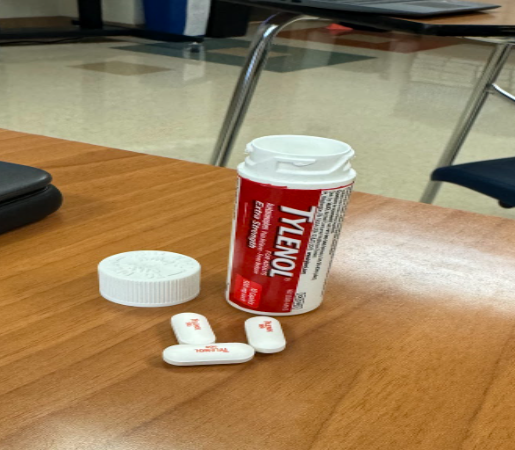
Some medications are also only safe to take if they are needed. A key example is ADHD medication. Because of how known it is for the wrong reasons, students find themself wanting to try Adderall to get more work done in school. While it’s known as a medication to help you focus, if you don’t have ADHD it can lower your problem-solving skills. It’s supposed to raise your ability to pay attention, stay focused, and control behavior problems. But if you don’t have ADHD it can give the opposite results you’re looking for. It can cause rapid or irregular heart rate, increased blood pressure, depression, insomnia, headaches, disorientation, hallucinations, and addiction.
Although it is already known taking medicine you don’t need is bad, many students get misprescribed this drug. It has been confirmed by the Partnership for Drug-Free Kids and MetLife Foundation that ¼ students are misdiagnosed or are misprescribed medication. A big reason for this is the number of caregivers with lax beliefs and attitudes toward prescriptions.
Many parents are not educated enough to make these decisions for their teens. ‘The Partnership’ also stated that “…nearly one-third of parents say they believe Rx stimulants like Ritalin or Adderall, normally prescribed for attention deficit hyperactivity disorder (ADHD), can improve a teen’s academic performance even if the teen does not have ADHD.” This could be the reason why a big chunk of people are on the wrong medication.
Regular use or abuse of Adderall can make changes in the structures of the brain and change the way emotions are regulated. People don’t take this seriously enough. Your teen years are the most important in developing your brain.
Not only is it prescribed medicine that has dangers, but many pills that you can directly buy off the counter have harmful effects. Benadryl is a common drug sold mindlessly to teens. The dangers come from its effects and how easy it is to obtain. Taking the recommended amount on the box can cause light drowsiness. But if a lot is taken, it is known to give euphoric effects.
There are many reasons to question if there should be an age limit on this pill. A good example is the TikTok “Benadryl Challenge.” Because of the known psychological effects a trend surfaced where teens would take more than the recommended amount of Benadryl; 15-year-old user lost their life to this challenge. Many others were hospitalized. Even after all the reports of people getting hospitalized, many continue taking Benadryl assuming it’s safer than drugs.
While many people only expected to feel the short-term effects of this medicine like impaired memory and thinking, rapid heartbeat, and blurred vision, many long-term effects followed these kids taking Benadryl every day. According to “Healthy Life Recovery,” “Severe impact of mental faculties and coordination, abnormal heart rhythm, heart palpitations, symptoms of withdrawal (psychosis, tremors, seizure), double vision, trembling, kidney and liver problems, and an increased risk of dementia” are just some of the long- term health effects of taking too much Benadryl. While it can be a safe drug, it can easily become dangerous if it isn’t used correctly.
There are also many known stimulants commonly taken by teens that most people wouldn’t even consider an issue. Coffee is the most openly taken psychoactive stimulant by teens. Seeing people drink coffee at any time of the day is just as normalized as drinking water. Drinking some as an adult isn’t too dangerous, but drinking too much as a teen can have consequences. Andi Atkinson states, “For optimal growth and overall health, it is best to limit a teen’s consumption to 100 milligrams of caffeine a day — or less.” 100 milligrams is around the same amount as one cup of coffee. It has become a habit for teens to buy a new coffee every morning and every afternoon. Some teens even average to 3 coffees a day. Too much caffeine can cause increased blood pressure, irritation, anxiety, and behavioral issues.
Overall, there are many medicines mindlessly being given to teens. It’s important that if a medication or stimulant is easily prescribed, the long-term effects are also clearly stated. Teens must stay healthy now so they won’t suffer major health consequences and social inhibitions in the future.




